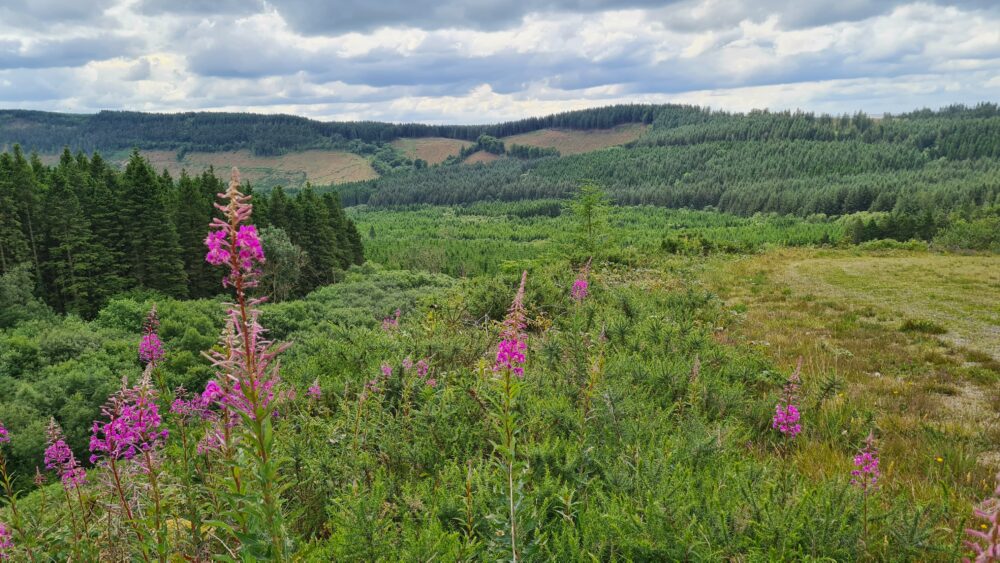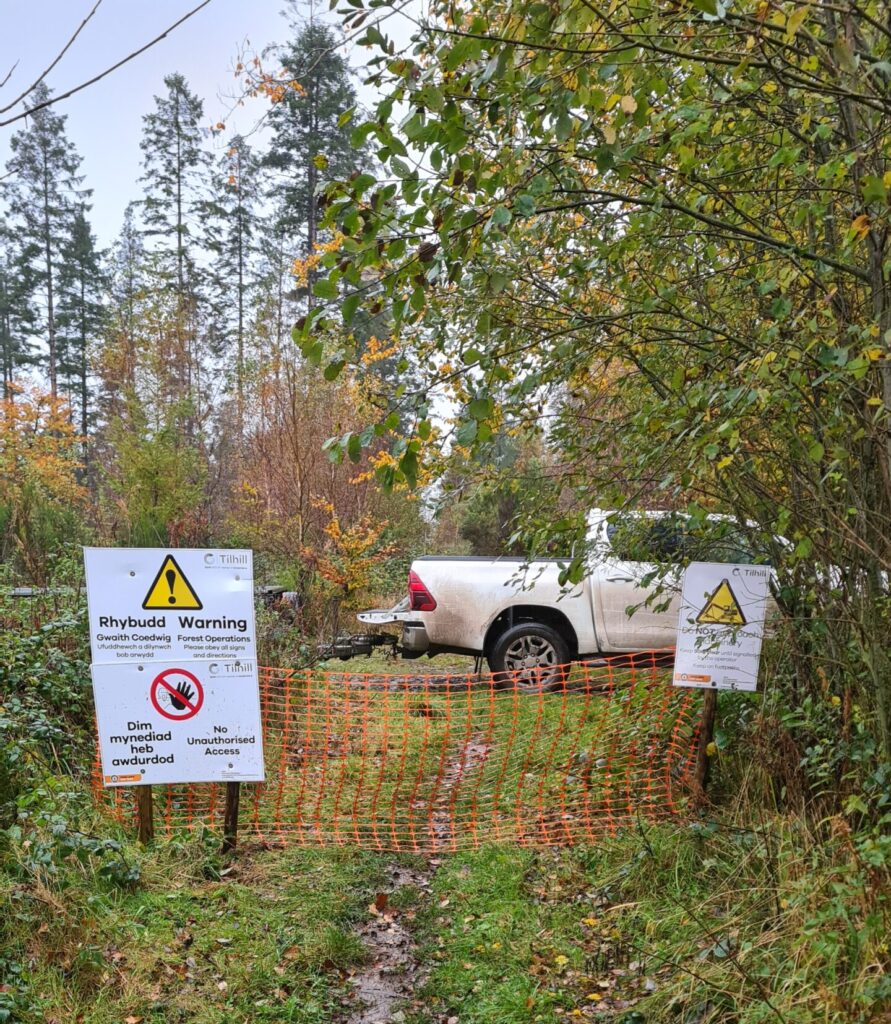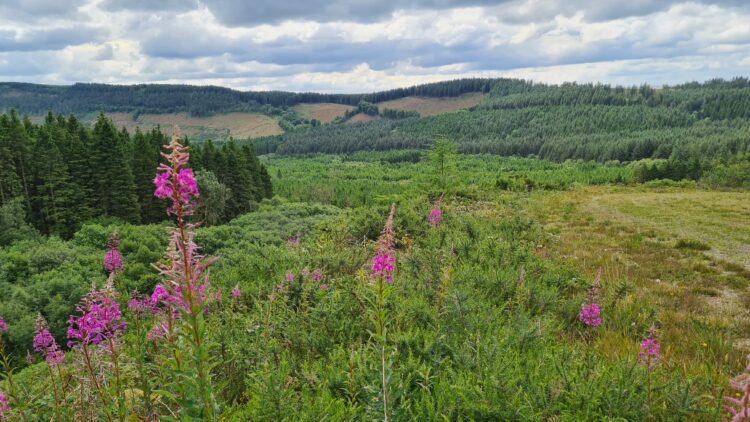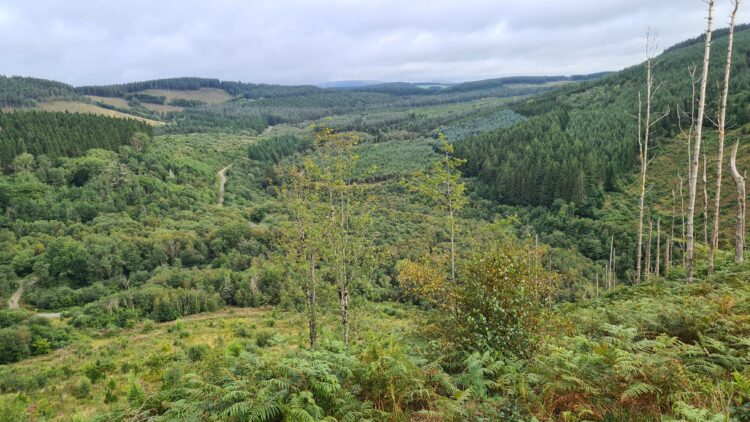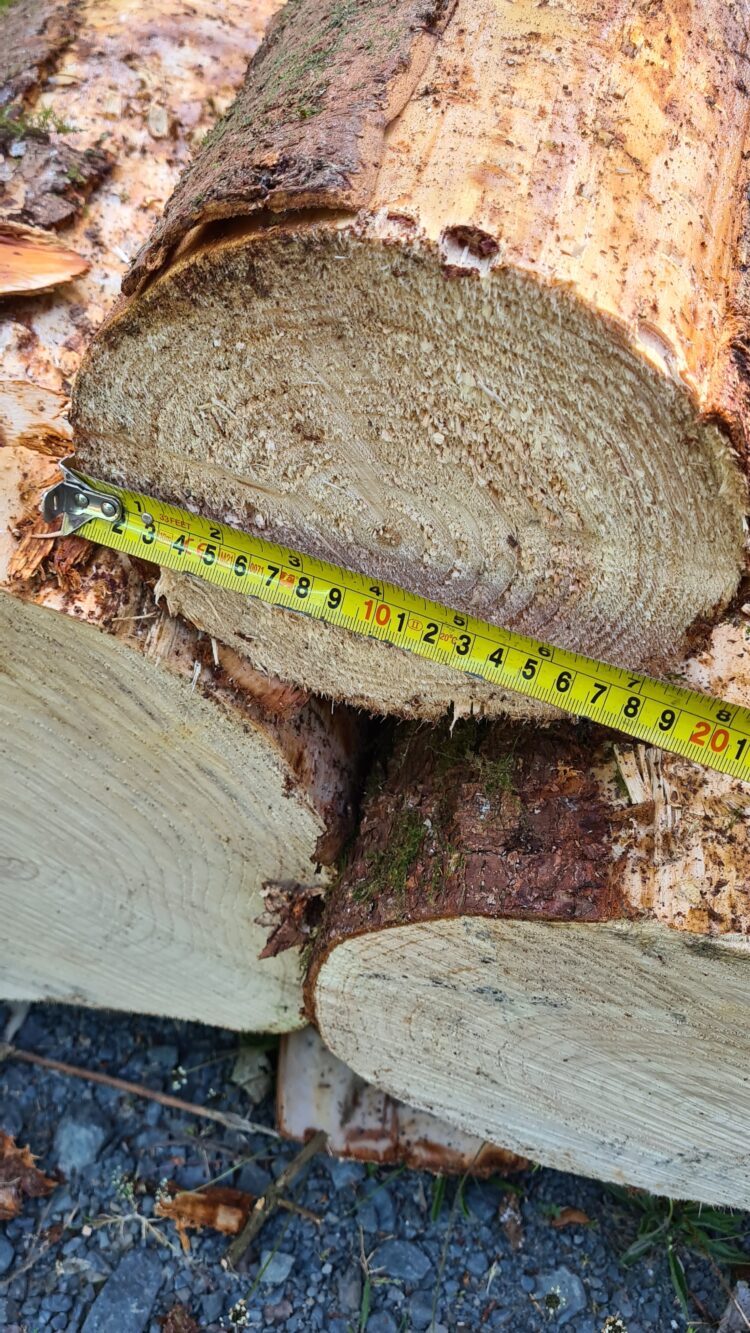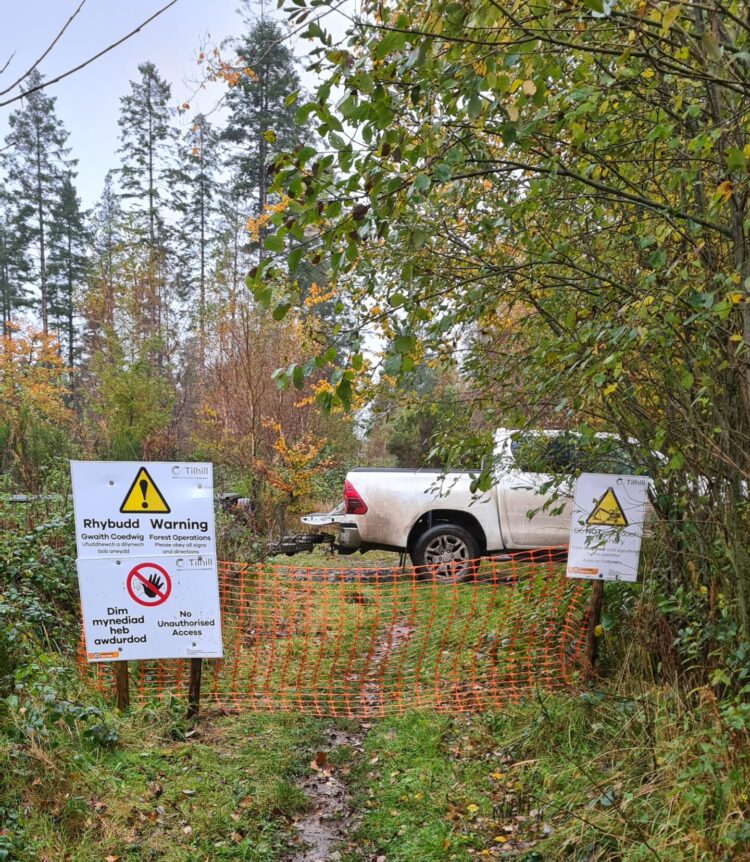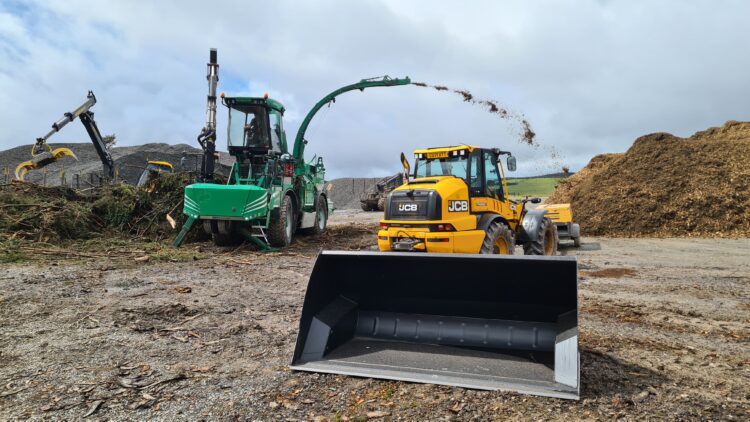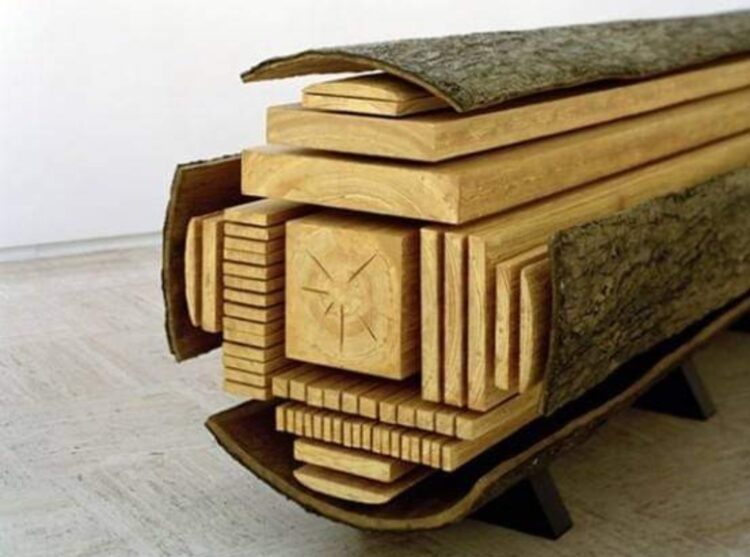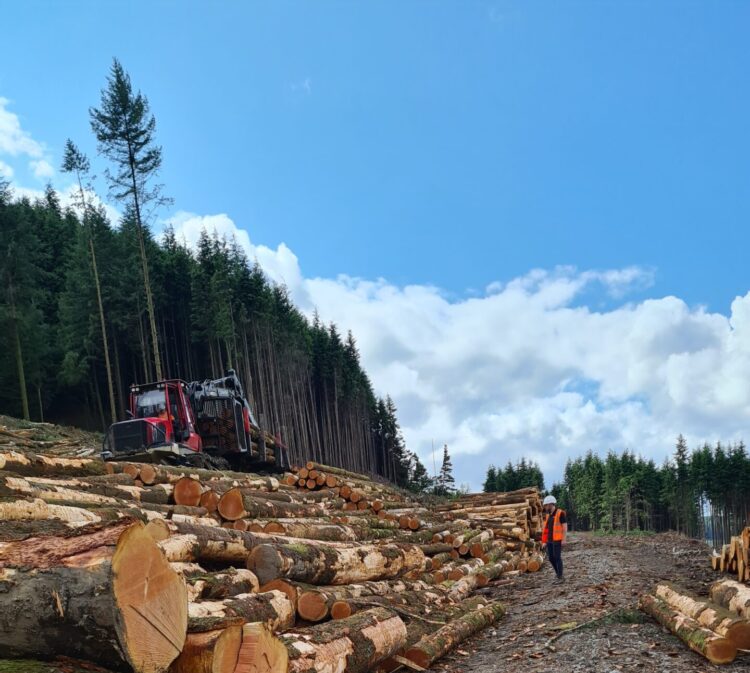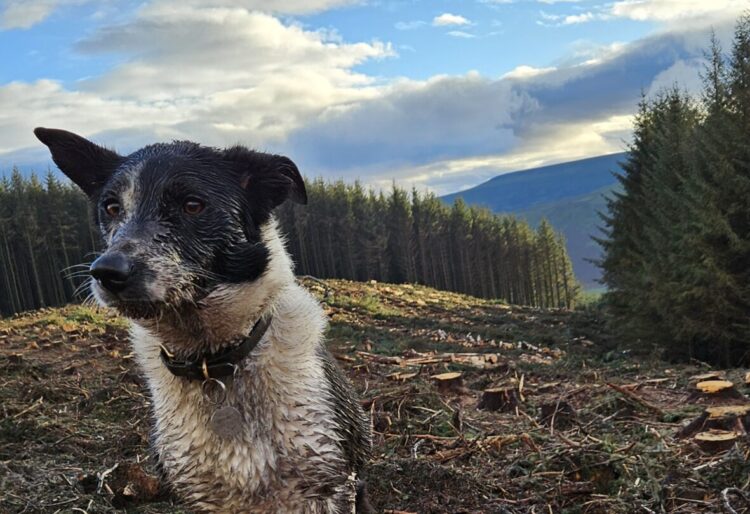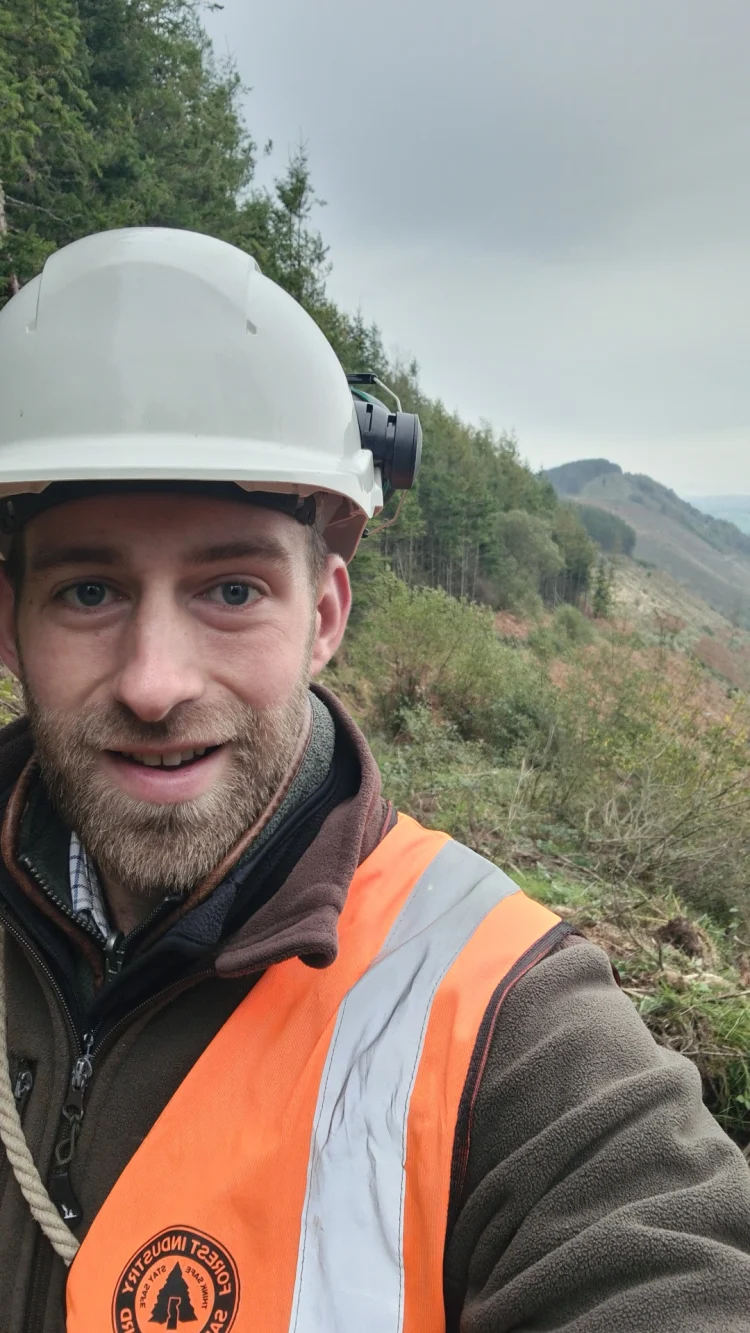Walking along a forest road in the Brecon Beacons, it strikes me what a change just a month of harvesting works can make to a site. I remember walking around this woodland, carrying out mensuration with my tape and clinometer, working out just how much timber we could obtain from the trees, before my manager purchased the stand from the client.
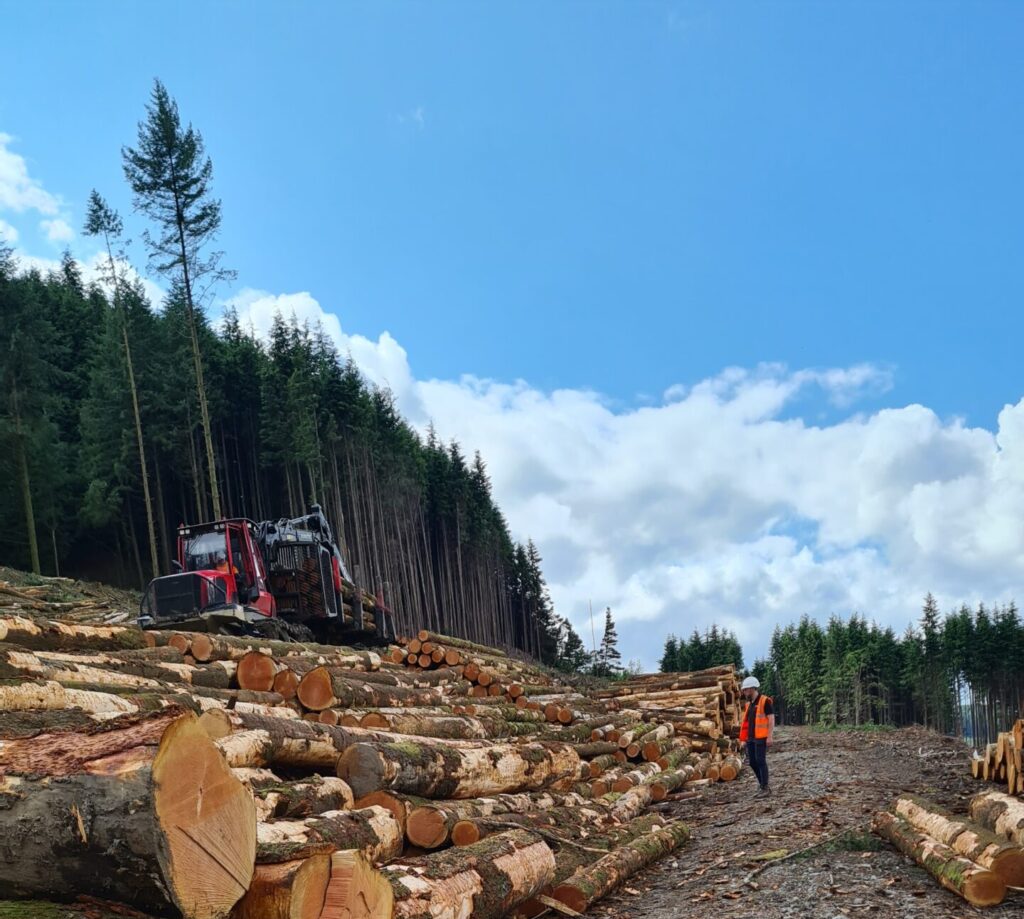
Much of the work that an Assistant Forest Manager carries out for a felling contract is done before the machines get on site. First the trees must be measured, and purchased by the Harvesting Manager, who also arranges the rates for the contractors and the hauliers on each job.
Then the contract must be drawn up, which consists of various elements, such as timber prices, haulage restrictions, wildlife restrictions and environmental factors, as well as the management of the general public.
Wildlife and the Environment
Wildlife and the environment must be protected during a harvesting operation. Some species are given higher levels of protection, such as birds of prey and dormice. This can mean that during certain months of the year, particular areas of woodland cannot be felled, or even worked in, due to the risk of disturbing breeding wildlife.
Water Quality
Dirty water must also not be allowed to leave site, so it is very important that designated monitoring points are set up in key places on site to ensure that dirty water does not join any nearby watercourses. A detailed plan of how on-site water will be managed must be created.
Hazards and constraints on site must also be highlighted to ensure that contractors are as safe and efficient as possible whilst completing the work.
Public Safety
Finally, members of the public must also be kept out of harvesting sites due to the array of dangerous machinery operating. Before a site becomes active all public rights of way must be closed and signed off. Signs must be erected around timber stacks to warn people not to climb on them as they can easily become unstable.
Once the contract begins, regular visits are made to the site by the harvesting team to:
- Monitor the work, checking timber is being cut to specifications, and is being taken by the haulier at the agreed rate.
- The water leaving site is clean, and any key species of wildlife on site are being properly protected.
- There is no unauthorised access from members of the public.
- Contractors are operating to the highest standards, with particular attention to health and safety and environmental considerations.
To the Mills
Now, some of the trees have been felled, and logs sit at roadside ready to be carried off to various sawmills, depending on the product they are destined for. The contractors have carefully cut each tree into the optimum specifications to get the most timber possible out of the tree, such as the larger logs nearer the base and smaller products such as bars, posts and stakes from the more narrow and less straight parts of the tree.

Logs at roadside

Example of a breakdown of a log
Nothing is wasted in the harvesting process. Round wood (logs) and smaller products leave the site destined for sawmills, predominantly in Wales. Logs are processed at the mills by a scanner which ensures the maximum product is cut and minimum waste is created. The scanners at the mills cut larger products such as sleepers and beams from the centre of the log and planks of varying sizes from the smaller outer parts of the log. Other products from the mills include pallet wood, packaging, fencing materials, biofuel and compost which is made from the brash.
Brash to be made into compost is chipped on site and then transported to mills and made into products such as Westlands Bio compost which we use in our gardens, now that ‘peat-free’ is the way to go.
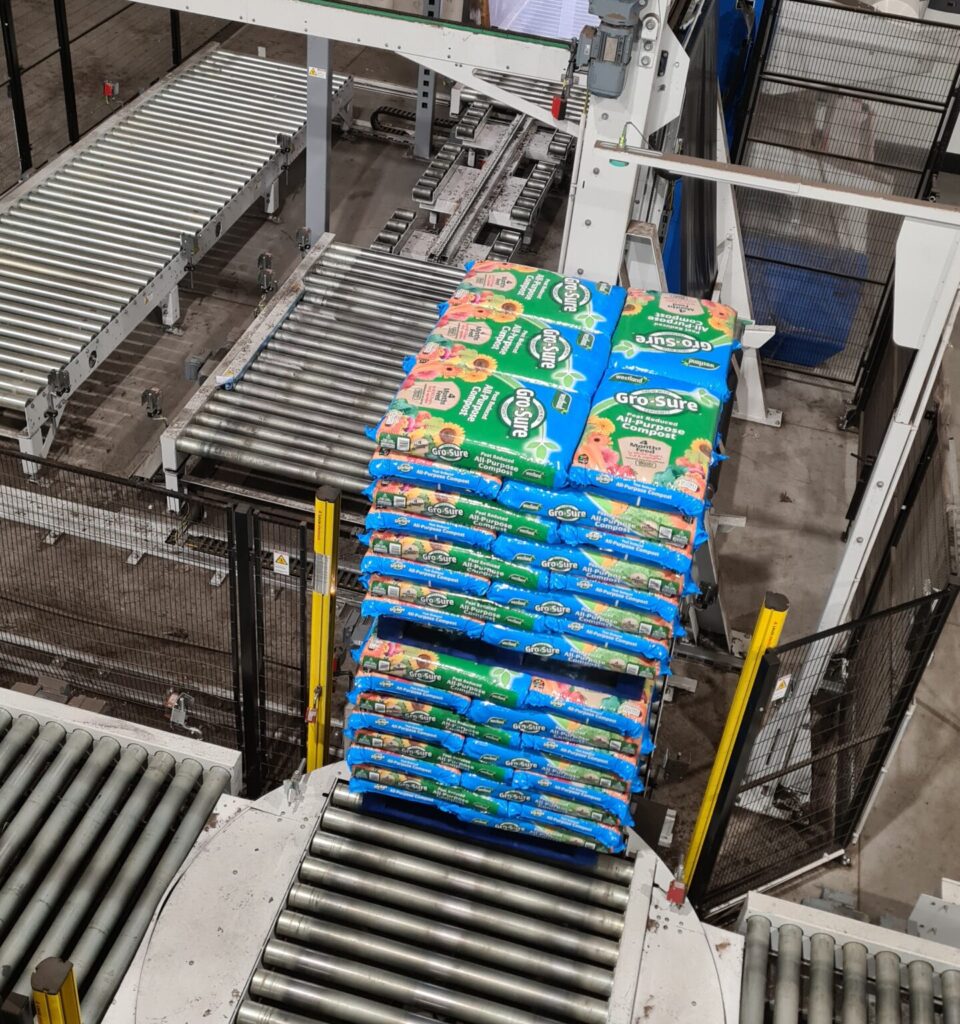
Westlands Bio Peat Free Compost
Whilst doing all of the tasks required to complete a successful contract, it is a perk of the job to walk the woodlands of Wales with my dog Rhu at my side, taking in the stunning scenery and full of wonder that I am paid to do so.
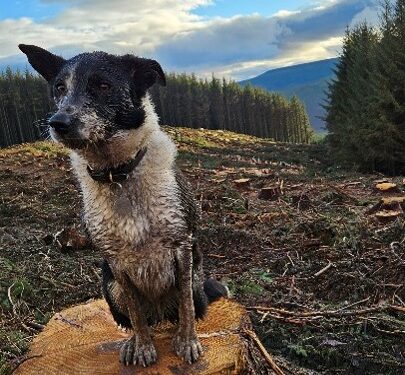
Rhu the dog
Want to follow in Richard's Footsteps?
Join our Graduate programme which opens every year.
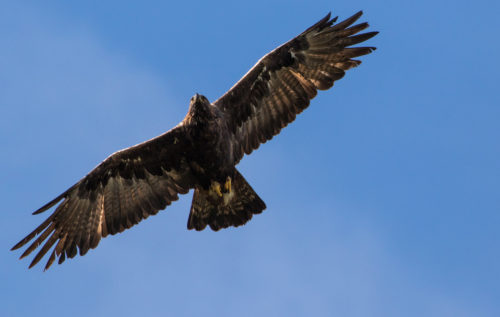
Find out more from forestry and harvesting managers
Read all the latest blogs written by foresters and harvesting managers who chose a career with Tilhill through our graduate programme




